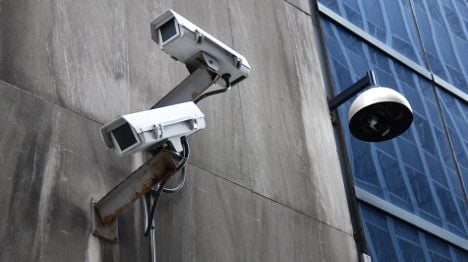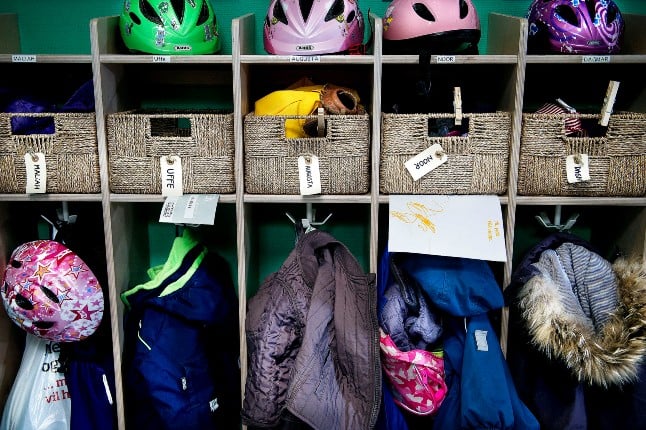Such cameras are already in place in many schools, trains and sports venues, reported 20 Minuten newspaper, which asked if these miniature spies really increase security in Swiss towns and cities.
Three years ago, St. Gallen decided to beef up its security by installing 44 surveillance cameras at the AFG-Sportarena, subways and in the town centre.
“The pictures have led to many relevant leads”, said Hein Indermaur, head of the social and security department in St. Gallen.
St. Gallen is not the only Swiss town that is installing more video surveillance in public areas. Almost every big town in Switzerland, but also smaller communities, are planning to install electronic eyes.
Zürich transport authorities will mount cameras in all new Cobra trams by the end of 2011. And the city also plans to add a dozen cameras a year to schools, beginning in 2012.
In Bern, CCTV is planned between Wankdorf train station and the city’s main stadium once local authorities sign off.
Basel is planning to install a surveillance system with 72 cameras in its inner city, which authorities say will only be used to monitor large crowds of sports fans and demonstrations.
SBB is kitting out regional trains and every new international carriage with cameras by 2011.
SBB spokeswoman Lea Meyer told 20 Minuten: “Now that all nine big Railcity train stations are fitted with cameras, other train stations will be analysed and electronically watched if deemed necessary.”
“The trend towards video surveillance in the public domain has been unbroken in the last 10 years”, said Kosmas Tsiraktsopoulos, from the Swiss national data protection authority (EDÖB).
Authorities want to collect evidence of criminal acts, but especially want to deter crime. However, critics have expressed doubts about the effectiveness of increased surveillance.
“The prevention effect is limited,” said Viktor Györffy, lawyer and president of the Swiss basic rights association (grundrechte.ch).
“Vandals seek out unwatched areas and cover their faces”, he told 20 Minuten, referencing the probes currently taking place after the riots in London, a city with one of the world’s most extensive surveillance networks.
“It happens all too seldom that people ask themselves about the concrete uses of cameras”, said Györffy. “When a politician thinks a situation needs to be handled, then he simply puts up a few cameras.”
Swiss green and left-wing politicians, who often discuss video surveillance laws and the right to privacy at a cantonal and local level, now have the support of the Swiss Pirate Party (Piratenpartei), which was founded in 2009 by about 150 people. As of February 2011, membership had increased to around 1,300 members.
The Winterthur party branch submitted its first people’s initiative to call a referendum a few days ago. After authorities considered increasing video surveillance in the town, the pirates recommended that in future the parliament and not the executive should decide where cameras are placed.
The Swiss Pirate Party website says that the digital revolution has affected all areas of life:
“In spite of much lip service, the individual’s integrity and freedom have been threatened in hitherto unseen ways. Moreover, this threat is increasing at such a rate that both the general public and legislators are being overwhelmed.”



 Please whitelist us to continue reading.
Please whitelist us to continue reading.
Member comments